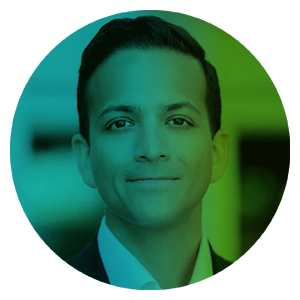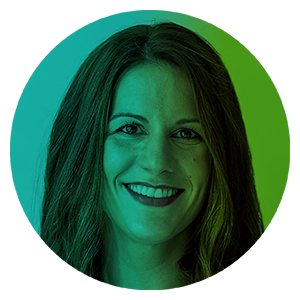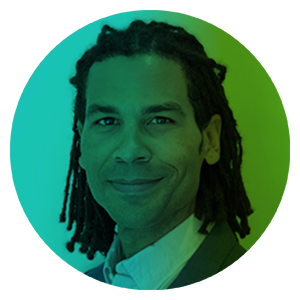
Thursday, June 27, 2024
Seattle University
901 12th Avenue Seattle, WA 98122
12 p.m. – 4:30 p.m.
Register for Conference
conference theme
Where AI meets humanity in healthcare: What's next?
The tools of artificial intelligence offer the potential for healthcare to become more effective and equitable. But as we race to embrace these advances, are we truly ensuring that we do no harm? Thought leaders from across disciplines will discuss the complex issues that emerge as we harness AI for health. Join us in an important conversation grounded in Seattle University’s Jesuit tradition of facing challenges with reflection and contemplation.
Meet the Speakers
Christof Koch
Christof Koch, President, Chief Scientific Officer and Meritorious Investigator at the Allen Institute for Brain Science, whose writings and investigations integrate theoretical, computational and experimental neuroscience with philosophy and contemporary trends, in particular artificial intelligence. He is known for believing that the mechanisms behind consciousness will be able to be scientifically explained using currently-available tools of neurobiology, among other theories about the nature of consciousness in the context of networked complexity.
Vin Gupta
Vin Gupta, Critical Care Pulmonologist, Virginia Mason; Chief Medical Officer in Pharmacy, Amazon; Affiliate Assistant Professor, Institute of Health Metrics, University of Washington; and Critical Care Air Transport Physician and Major in the United States Air Force Reserve Medical Corps Sciences, has a multi-faceted perspective on global public health care and critical care response. His systems-oriented experiences give him an interesting perspective on the potential applications of AI in healthcare.
Blythe Adamson
Blythe Adamson, Head of Outcomes Research at Flatiron; Founder, Infectious Economics; and Affiliate Professor, UW is a scientist, epidemiologist and health economist using AI to compare drug and policy effectiveness with the goal of accelerating research and improving patient outcomes. Her team has pioneered deep learning language models for data extraction, and she served as lead data scientist in the West Wing of The White House and advised public and private institutions on disease prevention.
Ty Kayam
Ty Kayam, Principal Corporate Counsel for Health and Life Sciences, Microsoft; Adjunct Professor of Law, Seattle University, advises product, engineering and data science teams on legal issues related to the development of AI and other emerging technologies for the health and life sciences industries. She currently holds leadership positions on the Health Information Technology committee of the American Health Law Association and the eHealth, Privacy, and Security group of the American Bar Association.
Mjaye Mazwi
Mjaye Mazwi, Co-Director, Heart Center, Division Head, Cardiac Critical Care Medicine and Professor of Pediatrics at Seattle Children’s Hospital, uses machine learning to computationally model high resolution patient phenotypes and state-based characterizations for critically ill pediatric patients. His work in AI is intimately connected to his patient care.
Oliver Bear Don’t Walk
Oliver Bear Don’t Walk is a postdoctoral fellow at UW Medicine’s Biomedical Informatics and Medical Education department. A citizen of the Apsáalooke nation, his research is at the intersection of natural language processing and ethics, including fairness audits, deepening understandings of cultural variation among social determinants of health and finding ways to use electronic health records that speak to the needs and communication styles of specific populations, including Indigenous communities. He is a co-chair for the American Medical Informatics Association’s DEI Committee and a co-founder of the Native Biodata Consortium’s annual educational workshop, Indigidata.





